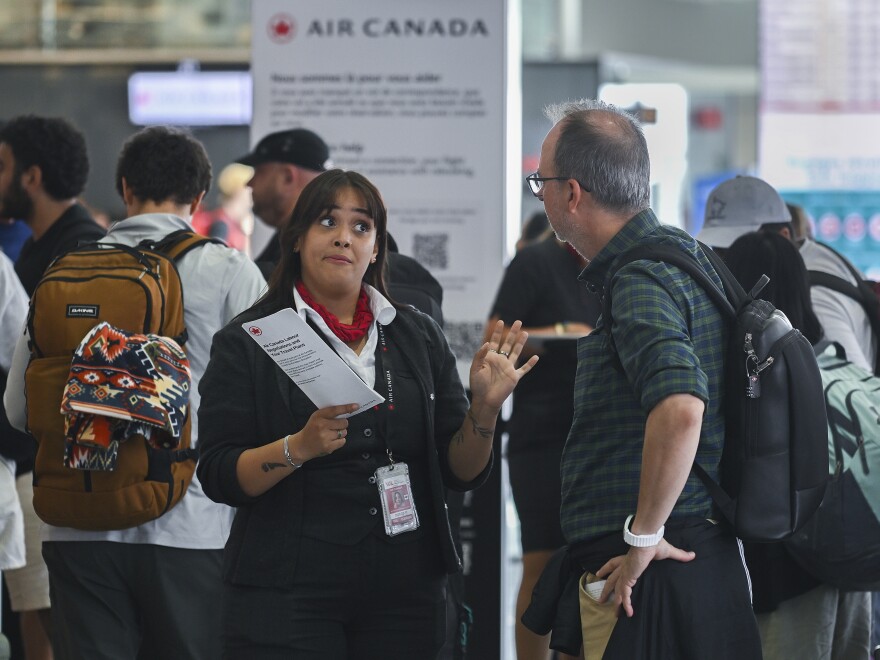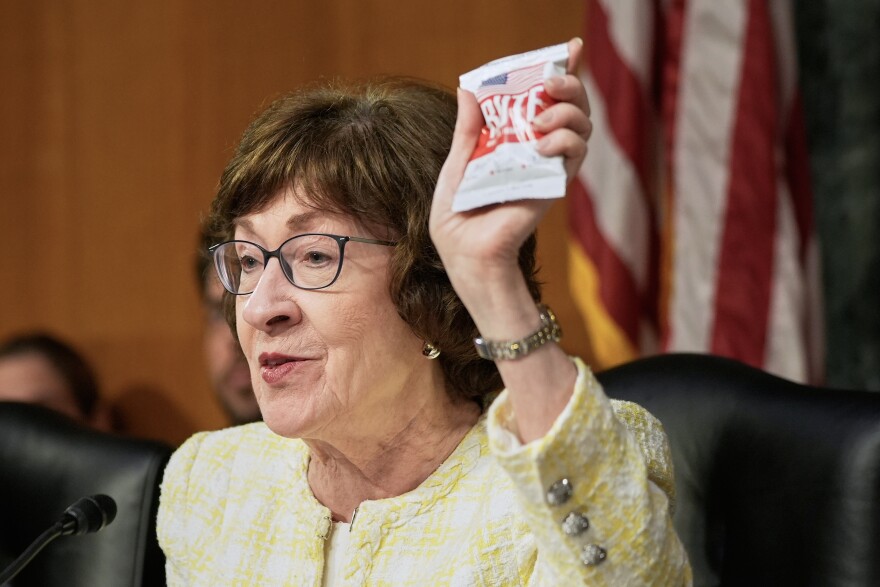TORONTO After the union that represents 10,000 flight attendants declared it would not comply with a return to work directive, Air Canada announced it had halted plans to resume operations on Sunday. Approximately 130,000 tourists worldwide were already being impacted by the strike every day during the busiest summer travel season.
Following government intervention, the Canada Industrial Relations Board ordered airline employees to return to work by 2:00 p.m. on Sunday. Air Canada announced that it would restart flights on Sunday evening.
The biggest airline in Canada has officially announced that it would start operating again on Monday night. In a statement, Air Canada claimed that the union had “illegally directed its flight attendant members to defy a direction from the Canadian Industrial Relations Board.”
Mark Hancock, national president of the Canadian Union of Public Employees, declared outside Pearson International Airport in Toronto, “Our members are not going back to work.” “We are saying no.”
The union’s refusal to resume work was not immediately addressed by the federal government.
Hancock said the “whole process has been unfair” and said the union will challenge what it called an unconstitutional order.
“Air Canada has really refused to bargain with us and they refused to bargain with us because they knew this government would come in on their white horse and try and save the day,” he stated.
In a statement released early on Sunday, the nation’s biggest airline stated that while the first flights would restart later in the day, it would take several days before its operations resumed as usual. It stated that until the schedule is fixed, certain flights will be canceled throughout the course of the next seven to ten days.
Federal Jobs Minister Patty Hajdu told the 10,000 flight attendants to return to work less than 12 hours after they had walked off the job, citing the historic tariffs the United States has placed on Canada and stating that this is not the time to take economic risks. The Canada Industrial Relations Board was notified of the work stoppage by Hajdu.
The airline stated that the current collective agreement’s term has been extended by the CIRB until the arbitrator decides on a new one.
Approximately 130,000 passengers were impacted daily by the early Saturday suspension of Canada’s biggest airline. Approximately 700 flights are operated daily by Air Canada.
About 1 a.m. EDT on Saturday, flight attendants left their jobs. At about the same time, Air Canada announced that it will start preventing flight attendants from entering airports.
The bitter contract fight escalated Friday as the union turned down Air Canada’s prior request to enter into government-directed arbitration, which allows a third-party mediator to decide the terms of a new contract.
During a work stoppage last year, the government compelled arbitration between the nation’s two main railroads and their labor union. The rail workers’ union is suing, claiming that the government is taking away a union’s bargaining power.
In this instance as well, the Business Council of Canada had lobbied the government to enforce binding arbitration. The involvement was also praised by the Canadian Chamber of Commerce.
Although it is evident that the two sides are at a standstill, Hajdu insisted that her Liberal administration is not anti-union.
According to Air Canada, travelers whose flights are affected can use the airline’s website or mobile app to receive a complete refund.
When feasible, the airline added, it will also provide alternate routes via other Canadian and international airlines. However, the airline cautioned that it could not guarantee a rebooking right away because other airlines’ flights are already booked “due to the summer travel peak.”
After over eight months of contract negotiations, Air Canada and CUPE have not yet reached a provisional agreement. Regarding compensation and the unpaid labor flight attendants perform when planes are not in flight, both sides have stated that they are still at odds.
A 38% raise in overall pay, including perks and pensions, over four years was part of the airline’s most recent offer, which it claimed “would have made our flight attendants the best compensated in Canada.”
However, the union resisted, claiming that inflation made the first-year 8% rise insufficient.
Copyright 2025 NPR





